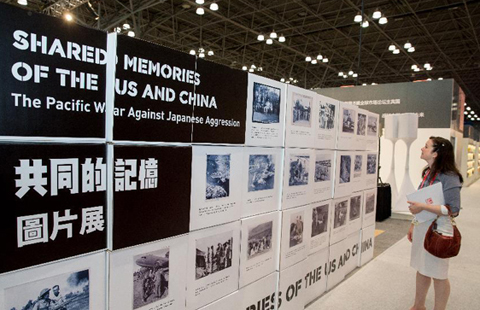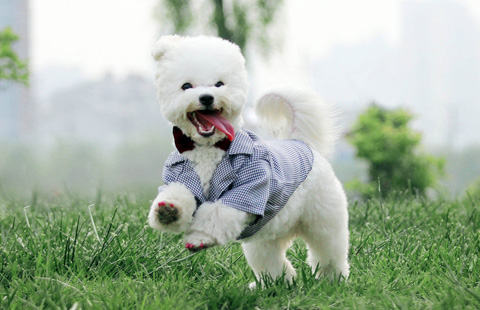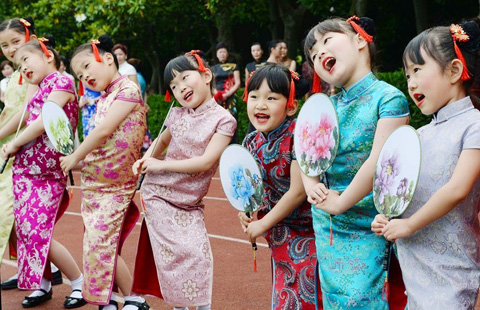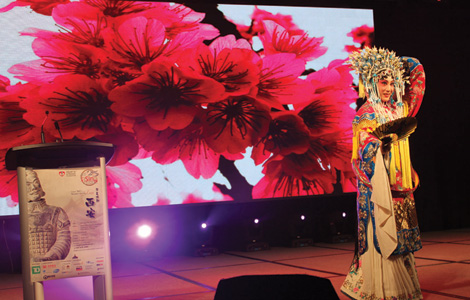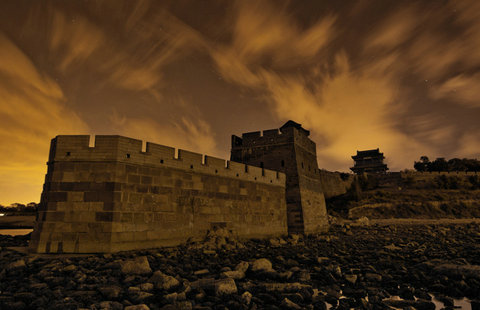All the king's horses
Updated: 2015-05-29 10:50
(China Daily USA)
|
||||||||
 |
|
Horseracing is a common pastime among Zhaosu's nomadic ethnic Kazaks. The county is home to more horses than any other in China. Erik Nilsson / China Daily |
Pedigree steeds have been the backbone of China's "horse country" for thousands of years, and now the far-western area is planning to use its most famous asset to improve the lives of its nomadic residents, as Erik Nilsson and Cui Jia report from Ili prefecture, Xinjiang Uygur autonomous region.
Jiarken Xiadat's horse stumbled in a rut as another rider rushed, sending the boy hurtling from his horse and smack onto the grassland. The nomads watching the race from a vantage point on a nearby knoll roared in excitement.
The 12-year-old member of the Kazak ethnic group picked himself up and sauntered off, his neck wilting forward, his eyes cast toward the ground. Behind him, a man chased the spooked, riderless steed away from the racetrack.
"It's fine," Jiarken said a few minutes later, his chin held high. "Happens all the time."
Blood oozed from his nose to form a twin trail with the trickle that dribbled from his split lip. The wet slicks glazed his face, which had been painted a deep matte by swirls of dust.
"My muscles are a little sore. That's all," he said.
It seemed the most serious injury was to his pride. Boys in Zhaosu county in Ili Kazak autonomous prefecture in the Xinjiang Uygur autonomous region don't use saddles, so they not only learn how to ride, they also learn how to fall, he said.
This is China's horse country, and has been for thousands of years. More than 100,000 pedigree equines roam the country's biggest horse-breeding range.
It's a place where, with the exception of a few modern conveniences, the nomads lead a life-style perpetuated through millennia - one largely based on horses.
For thousands of years Zhaosu's totem has been the "Heavenly Horse", sometimes translated as "Pegasus". The name was coined by Hanwudi, a Han Dynasty (206 BC-AD 24) emperor, because he noticed that Ili's native steeds often grazed above the clouds that halo the area's snowcapped peaks.
An envoy of the Wusun kingdom, to which Zhaosu belonged, gave the emperor several dozen of the horses. They so delighted Hanwudi that he demanded a dowry of 1,000 more when one of his daughters married the king of Wusun. Hanwudi - who regarded the horses as assets and incentives to spur greater conquests - cannily waited until they arrived before sealing the deal.
- Half of college students want to work in second-tier cities: Survey
- CPC publishes 'self-decoding' books for Western audience
- Capital aiming for 208 new care centers for the elderly
- Ten photos you don’t wanna miss – May 29
- Guangdong police bust huge 'ice' labs
- Patients take precedence for top researcher
Most Viewed
Editor's Picks

|

|

|

|

|

|
Today's Top News
China's most-wanted fugitive set to be extradited by US
US charges 15 Chinese nationals in college exam fraud scheme
Former US House Speaker Hastert indicted on federal charges
No one tells us what to do, Beijing says
Li: Spain a partner for new market
Foreign policy not foreign: expert
China makes splash at book fair
Brazil ready to collaborate over FIFA graft probe
US Weekly

|

|

